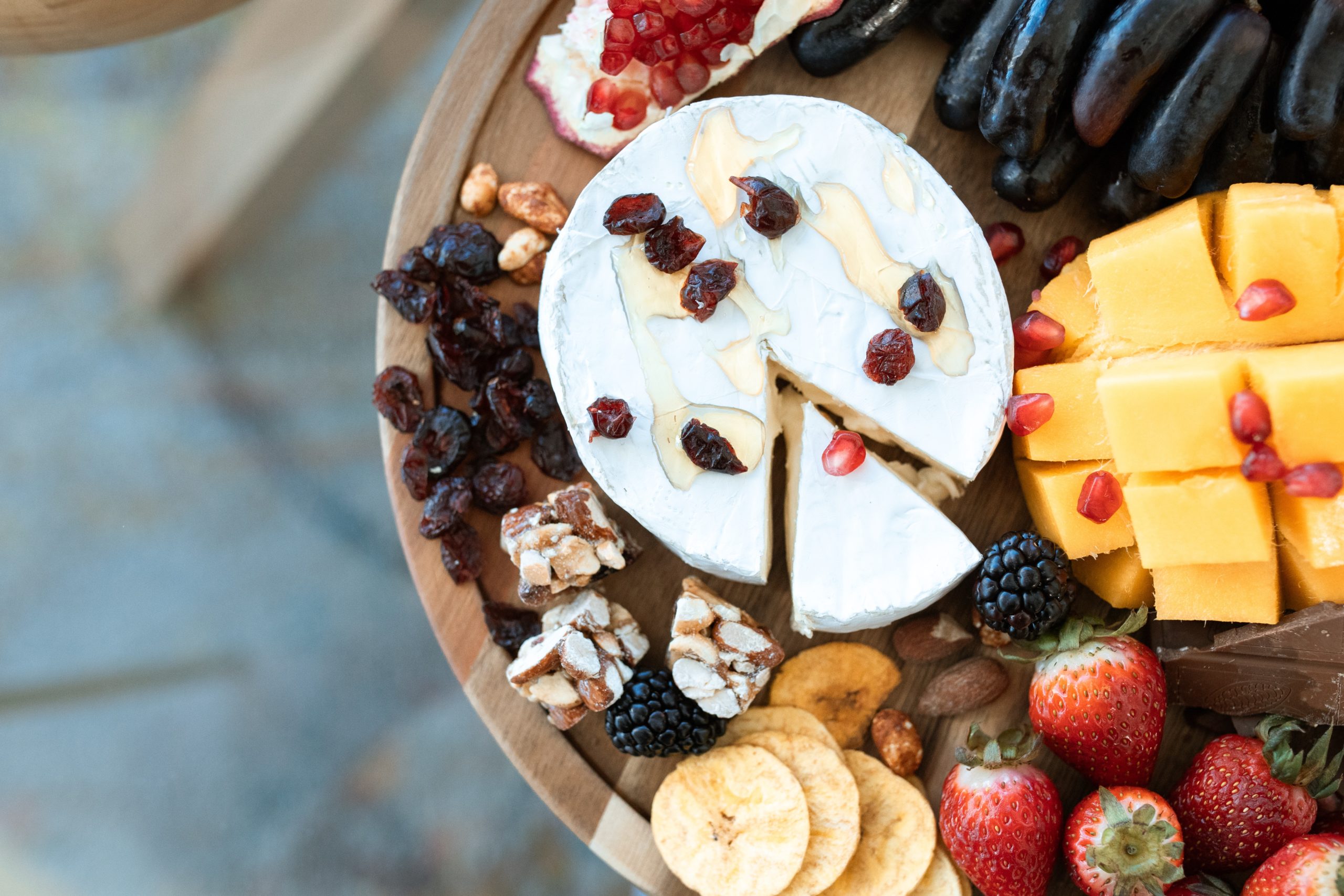10 Mins Read
Vegan cheese has become something of a scapegoat—often cited as the reason people won’t go plant-based. But is it really bad? A lot has changed in the dairy-free cheese world in recent years, and now, food tech companies are creating proper cheese, just without the dairy. Forget what you think you know about vegan cheese—and here’s everything you really need to know, and which brands to try.
What is vegan cheese?
A tough question to answer, because each brand seems to favour different ingredients and flavour profiles. But in short, vegan cheese is designed to be an easy substitute for any favourite dairy variations, from creamed to hard cheddar. Ingredients can include coconut oil, plant milk, starchy flours, and miso, for an umami note in mature substitutes. This list is not exhaustive though, as there are many nut cheese recipes out there and even certain vegetables have lent themselves to being turned into something cheese-adjacent.
Styles are unlimited. Shredded, grated, and sliceable are all freely available—as is cream cheese that can stand up to a schmear and even dips, such as queso.
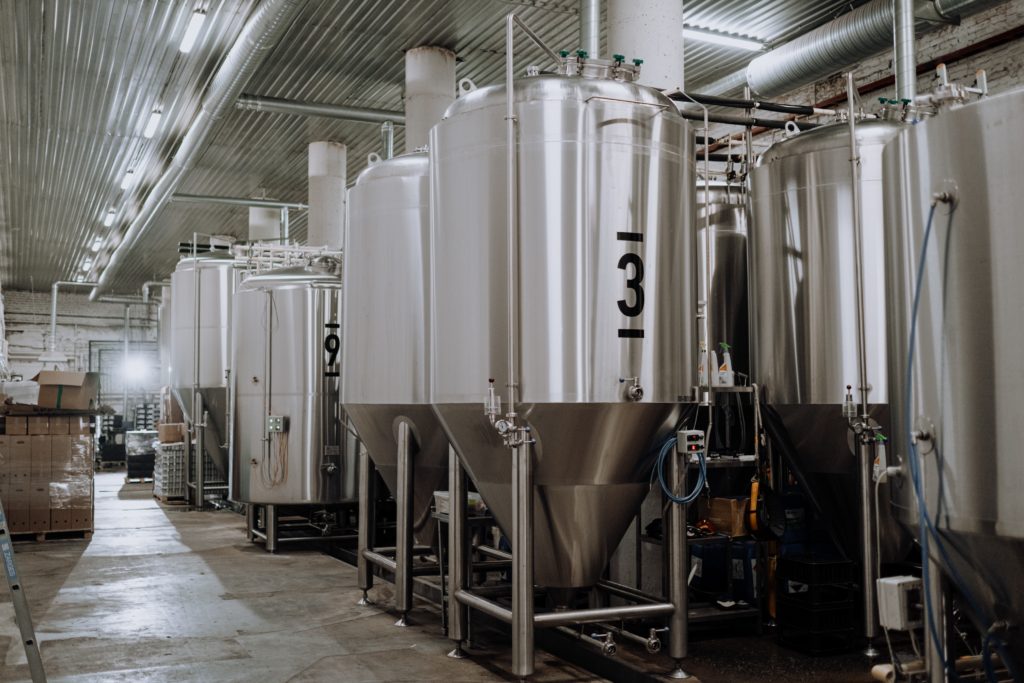
How is vegan cheese made?
For the most part, vegan cheese is made by creating a base liquid, adding suitable flavourings and allowing the product to set. Agar and arrowroot are often used to add firmness, but oil-based varieties are effective and set firm in the fridge, before softening when they get room temperature.
The more interesting styles of vegan cheese are being made by food tech startups and precision fermentation. The secret weapons here are either fungi or yeast, which are used as microbial hosts that allow certain ingredients to be harvested. In the case of cheese, genuine dairy can be replicated but without ever using animal cells. This technology is very new but plenty of success stories have already been reported including California-based Perfect Day, Better Day from London and Remilk in Israel.
Is vegan cheese healthy?
Compared to conventional dairy cheese, it is more healthy—but that doesn’t mean it gets an unequivocal green light. Many alternatives can be rife with sodium, fillers, and delicious but junk-food ingredients that won’t do your waistline any good. There’s zero dietary cholesterol in vegan cheese, but there can be plenty of fats and even unnatural gums and they can still affect your risk of developing heart disease.
Some brands pride themselves on creating vegan cheese that tastes great and is good for you, with live cultures designed to give your gut a boost. On the whole, however, commercial options are not a long-term healthy choice. Small independent brands can be a better way to go but always check the ingredients list for the following:
- Whole foods and a small ingredients sheet
- No added oil
- Low or no sodium
- No fillers
If you can avoid these, your vegan cheese shouldn’t adversely affect your health. Remember that an average serving of dairy cheese is just 30g. This translates to a piece roughly the size of a matchbox. You’re probably safe to eat more vegan alternatives, but always check the nutrition to be sure.
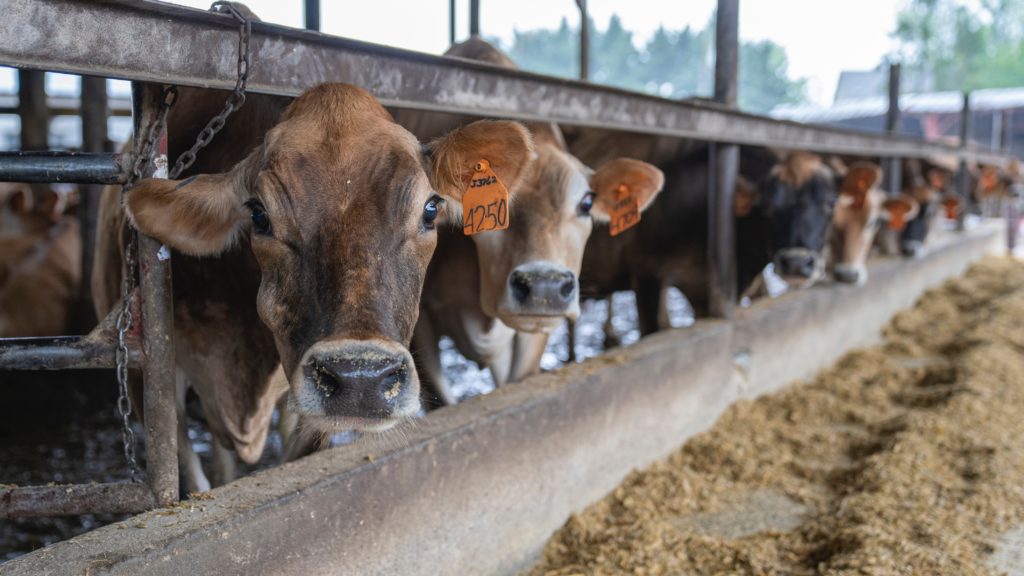
What’s bad about conventional dairy cheese?
There are three main areas of concern linked to dairy cheese and each of them is cited as motivation eating less or ditching it altogether.
1. Health
Dairy cheese is not good for you. It contains high levels of saturated fat, cholesterol, and sodium, all of which can pose a risk to your heart. It may also be addictive—that’s right, addictive. Research has suggested that casein, a protein found in dairy, releases opiates as it breaks down in your stomach. These are translated as comfort signals by your brain, leading you to crave more. This is a mechanism in cow’s milk built for baby cows so that they eat enough. But in cheese, the casomorphins become far more concentrated, which triggers those signals even more. So, for humans, does that make cheese a drug?
2. Animal welfare
The life of a dairy cow is not one you’d wish for your worst enemy. Cruel, painful, and anguish-inducing, many people still don’t realise that in order to produce milk for cheese, a cow needs to be pregnant or have birthed a calf. That calf will be removed from his mother after one or two days, so as to not ‘waste’ the milk supply. Cows are repeatedly forcibly impregnated, creating a cycle of torture, grief, and misery. Female calves are thrust into the dairy industry, and male calves, are usually slaughtered at just a few months old, often for veal.
3. Emissions
Climate change is a growing concern. Dairy cows produce a considerable amount of methane, the equivalent of 3.1 gigatonnes of carbon dioxide globally, according to 2019 figures. The impact of their feed production and transportation has to be factored in as well though. Similar to the meat industry, dairy is a significant climate change contributor and environmentalists seek to remove it from their diet to lessen their personal impact.
How many types of vegan cheese are there?
As many as you can imagine. If you try to break dairy cheese down into groups, you might have hard and soft and then within those groups, an exponential number of varieties. Vegan cheese is no different. From standard cheddars to ricotta and everything in between, there is either a product or a recipe to try.
The alt-dairy industry as a whole is experiencing vast growth. Despite conventional dairy reporting a surge in sales in 2019, alternatives are being heralded as a major disruptor. Figures being floated include sector value projections of $32 billion within the next 10 years and vegan cheese is driving that forward. It’s safe to say that there will be many more vegan cheese products being launched during that time.
Is vegan cheese suitable for allergy sufferers?
With no lactose, vegan cheese can be a welcome option for those with intolerance—but not all allergy sufferers will be so lucky. A number of cheeses use nuts as a base, which is a prolific allergy trigger. Plant milk needs to be accounted for as well, especially by people with gluten allergies, as oat-based cheeses exist.
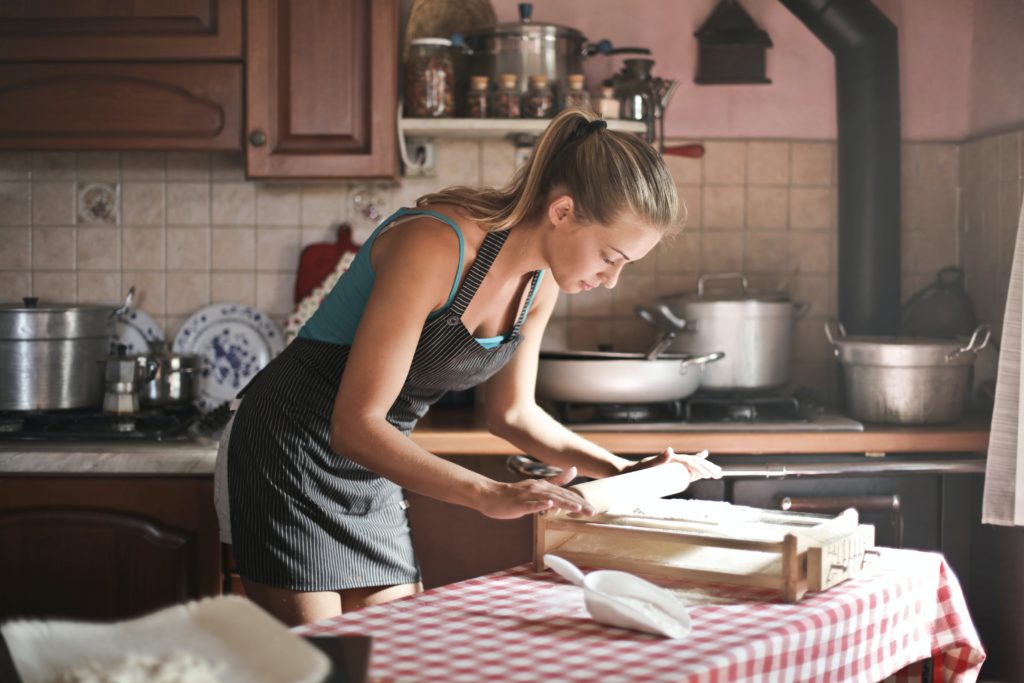
Can I make it at home?
Yes. There are countless recipes for homemade vegan cheese. Ranging from super simple ones that use an oil base and are blitzed in a blender before being frozen to set, to more complex creations. You’ll be able to take your pick. You shouldn’t need too much specialist equipment, but as a rule of thumb it would be beneficial to have access to the following:
- Nut milk bags
- A high-speed blender
- A cooking thermometer
- Air-tight storage containers
Some vegan dairy producers offer courses so you can learn from the professionals and take your newfound skills back to your own kitchen. Kinda Co. (see below) has proven very popular for offering exactly this.
The best vegan cheese brands to try
As with any burgeoning market, there are plenty of vegan cheese brands to choose from, with most having a particular line that has garnered loyal fans. One man’s dreamy coconut milk-based cheddar is another’s worst nightmare, so the key is to try a few and use them in a variety of ways too. Don’t forget that vegan cheese can now melt, stretch, and bake.
The following are brands that have made a name for themselves and brought out various products that have made even staunch dairy fans concede that they taste good:
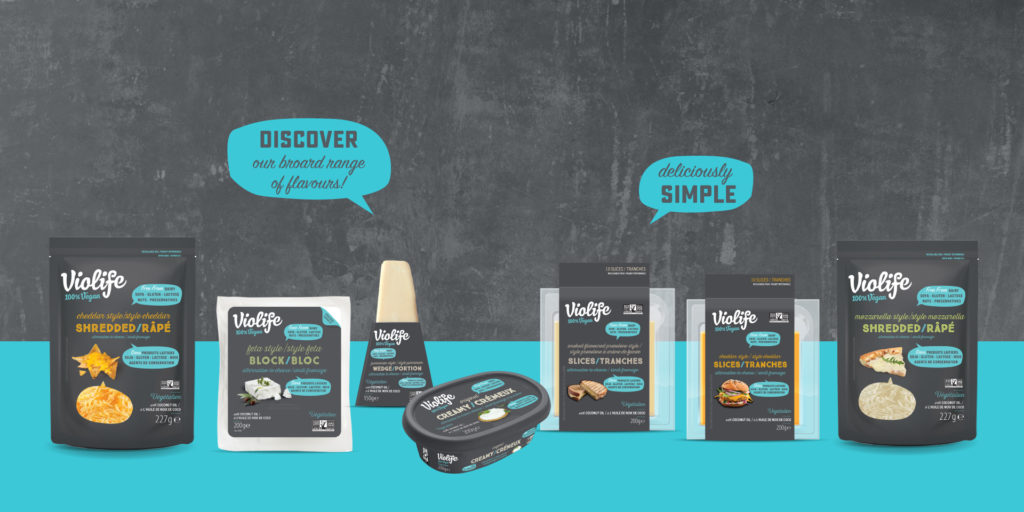
Violife
A stalwart of the vegan cheese scene, Violife comes in blocks or slices and has a very neutral taste. The mouthfeel is springy but unoffensive and the later ‘Epic Mature’ range added a nice depth of flavour. Does it taste exactly like cheese? No. In a sandwich though, it works very well.
Where can I buy it?
Globally. Violife was reportedly stocked in more than 50 countries in 2019. That figure will have likely increased.
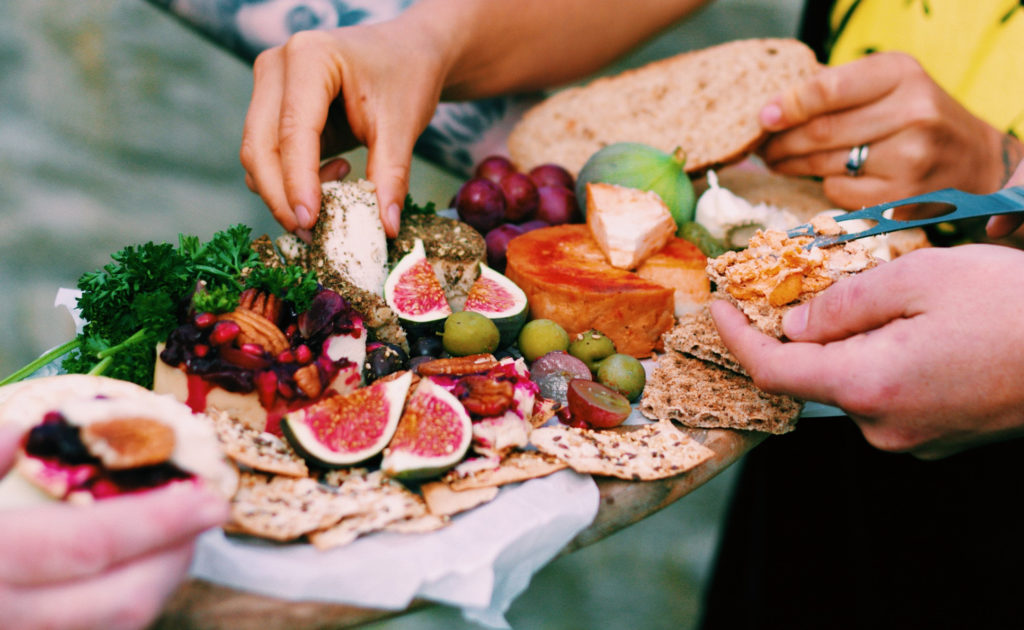
Tyne Chease
UK-based Tyne Chease creates artisan products that are known for their pungent flavours. Products are nut-based and the company remains independent and owned by the original founder. The Ethiopian Spice variety is definitely worth trying, just because it is different from standard cheddars.
Where can I buy it?
Only in the UK. It is distributed by Suma, so can be found in selected health food shops and indie food shops.
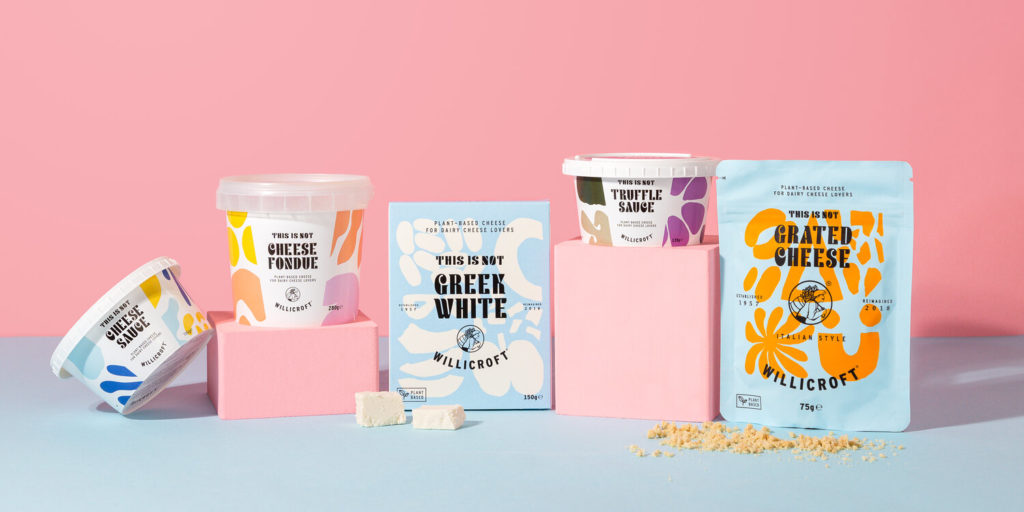
Williicroft
“Creating plant-based cheese for dairy lovers”, Willicroft is the pet project of a dairy farmer’s grandson-turned-vegan. Aware that the impact of dairy production on the planet is a serious and ongoing product, founder Brad turned his attention to making the one product he couldn’t find: tasty plant-based cheese. The range now includes fondue, Greek, and parmesan alternatives, all made in Amsterdam.
Where can I buy it?
The Netherlands, Belgium, and the UK.
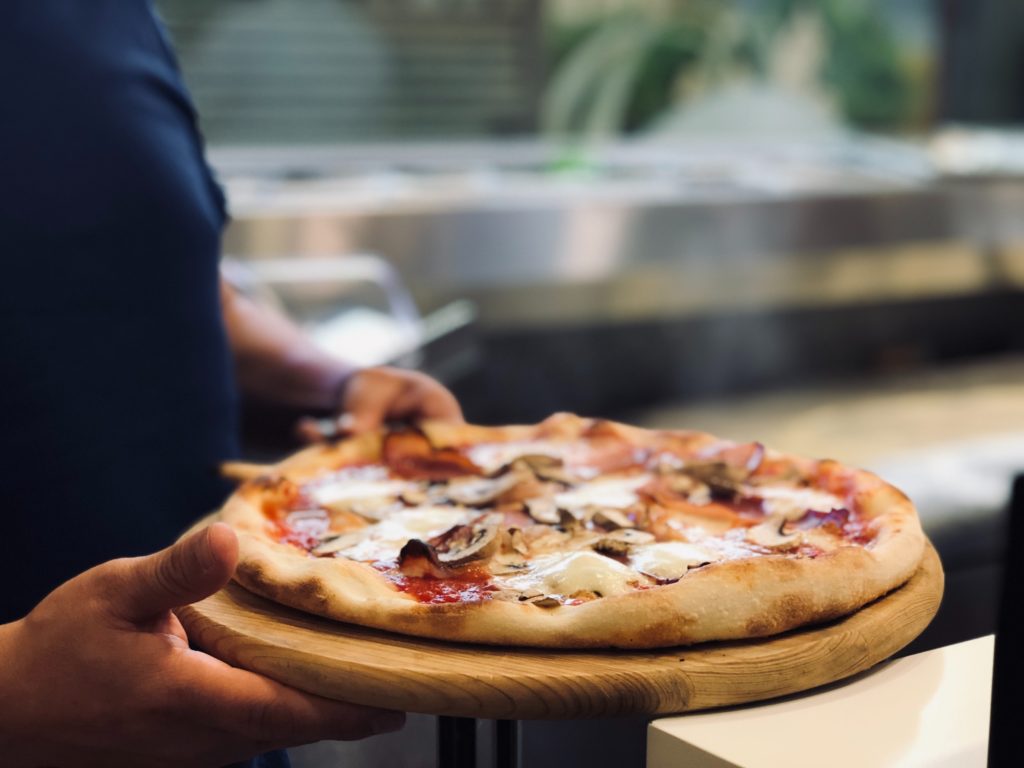
MozzaRisella
Italian-based MozzaRisella produces one of the most realistic mozzarella alternatives out there. Crafted from organic brown rice sprouts, it has impressive melting properties and a neutral taste. The company set out to create an authentic alternative to traditional mozzarella and has been successful to the point where many large food chains now use it, including Pizza Express. The range now includes spreadable and blue options.
Where can I buy it?
Throughout the UK and Italy.
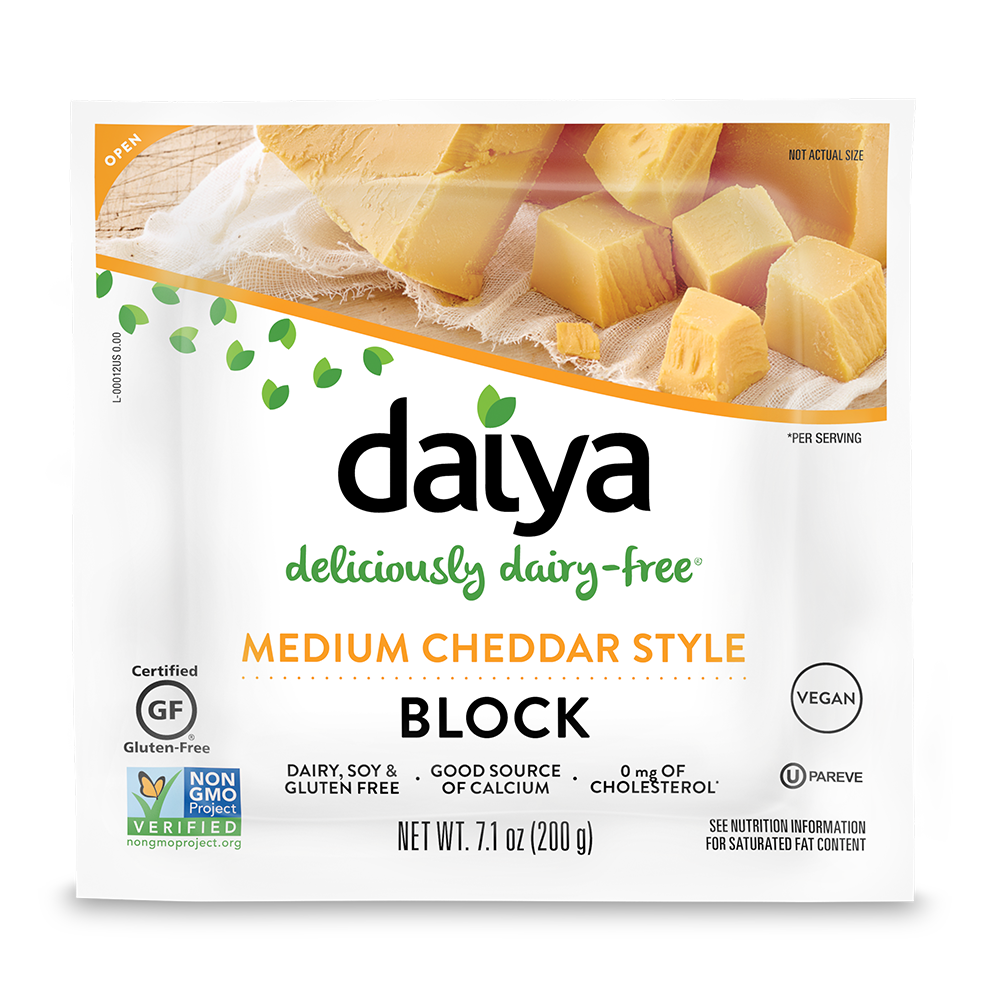
Daiya
A Canadian company, Daiya specialises in convenience vegan cheese, with plenty of shredded and sliced options to choose from. It has also created a range of flavoured cream cheeses, making it a firm favourite with vegan snackers, especially within the U.S. It highlights that it is very allergy-friendly as well, containing no nuts, soy, or gluten.
Where can I buy it?
Throughout the U.S., Canada and the UK, though only in selected shops for the latter.
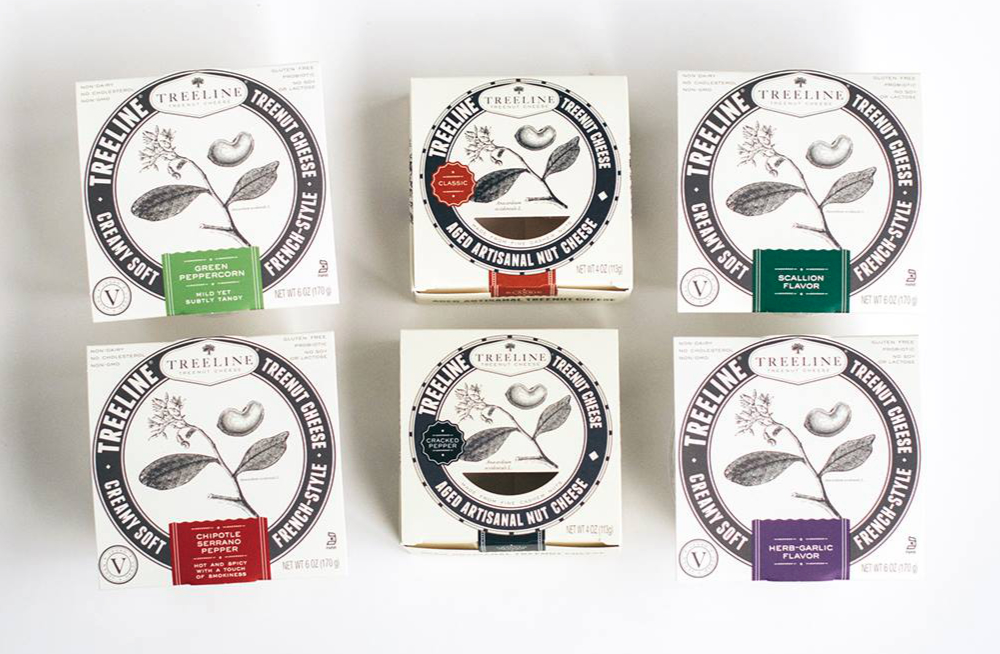
Treeline
Taking a different tack, Treeline has included a range of vegan goat cheeses. It sounds like an oxymoron, but unusual flavours are par for the course. A strawberry cream cheese and chipotle French-style product have also been developed, alongside standard cheddars and mozzarella shreds.
Where can I buy it?
In around 3,000 stores throughout the U.S., including Target and Whole Foods.
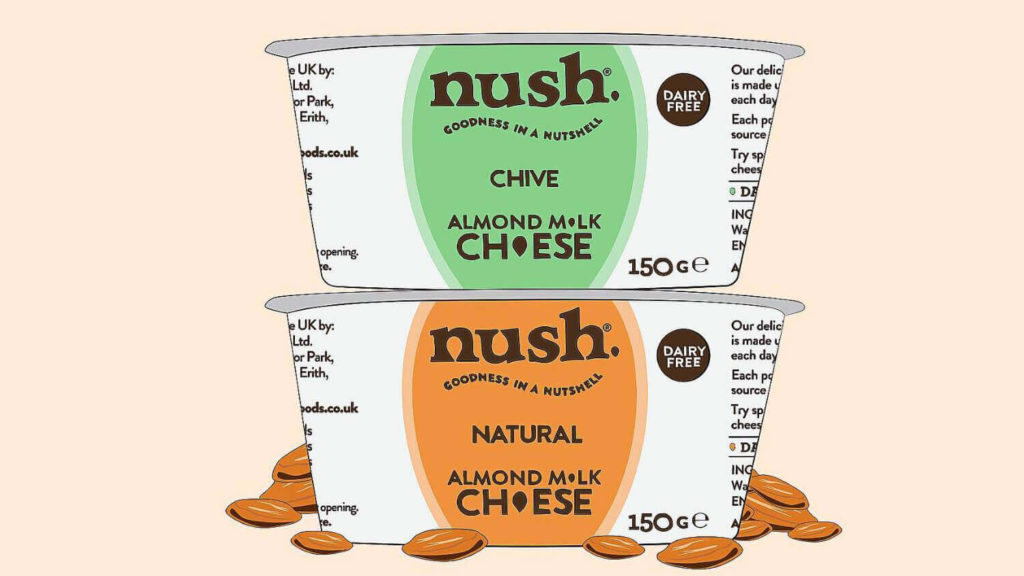
Nush
UK-based Nush churns its proprietary organic almond milk with live cultures to create a creamy and spreadable cheese. Two varieties are currently available: natural and chive. The ingredients list is very short and the products are versatile, just like conventional cream cheese.
Where can I buy it?
Nush is stocked throughout the UK, Ireland, Iceland, Finland, Switzerland and UAE
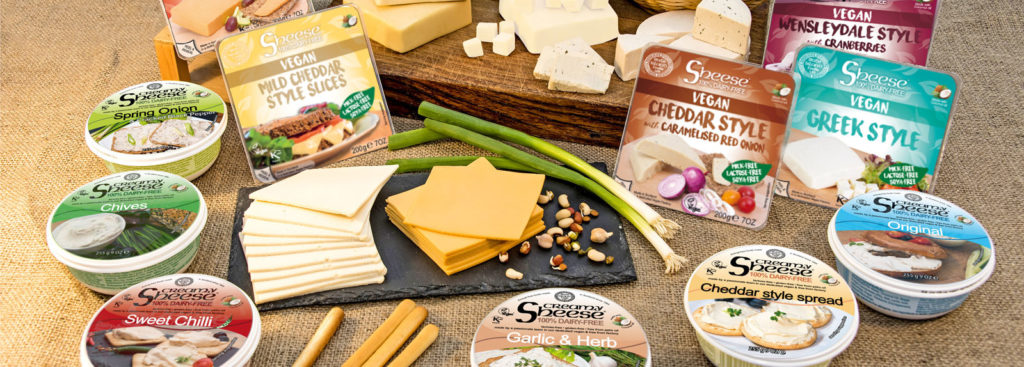
Bute Island Sheese
Sheese has been around for a long time. Since 1988 to be exact, making it one of the first dairy cheese alternatives. Made in Scotland, the Bute Island product range has expanded over the past 30 years, to keep up with emerging trends and popular styles. It is particularly known for its mozzarella shreds, which melt perfectly on pizza.
Where can I buy it?
Almost everywhere, From Australia to the U.S. and everywhere in between. It is also sold by numerous online vegan retailers, making distribution extensive.
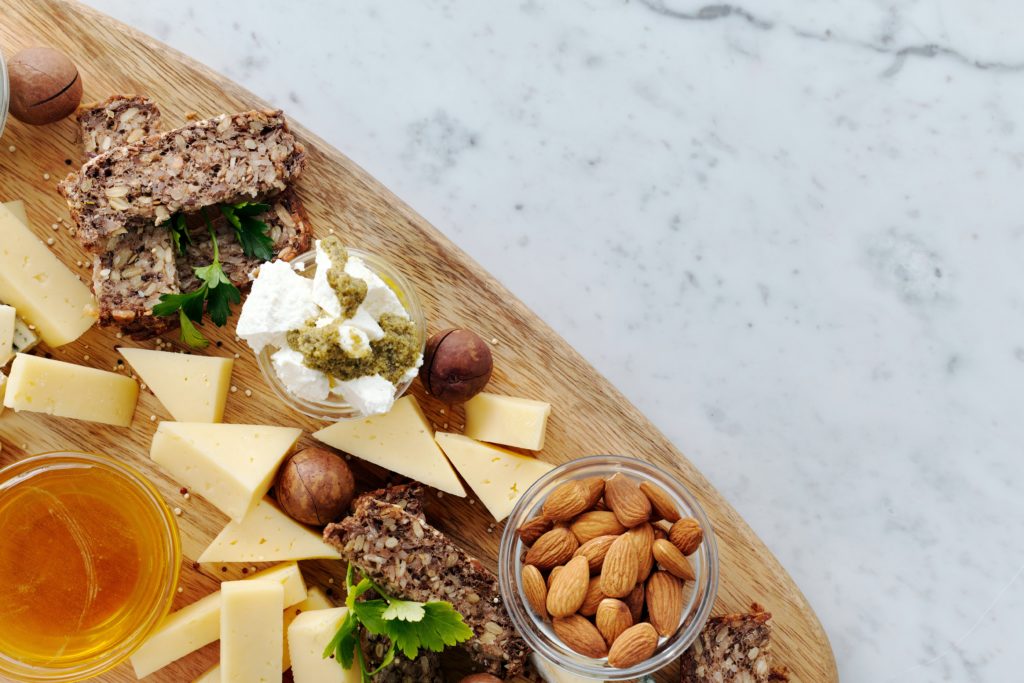
Miyoko’s Creamery
Californian Miyoko’s Creamery has a vast array of cheese on offer. Oat milk cheddar and pepper jack, cultured soft varieties and artisan cashew milk wheels make for a broad roster. The cheeses are award-winning but unfussy and an easy introduction to vegan cheese for those that are nervous.
Where can I buy it?
The U.S., Canada and Australia, most notably. Large distribution agreements are in place with companies such as Woolworths, Whole Foods and
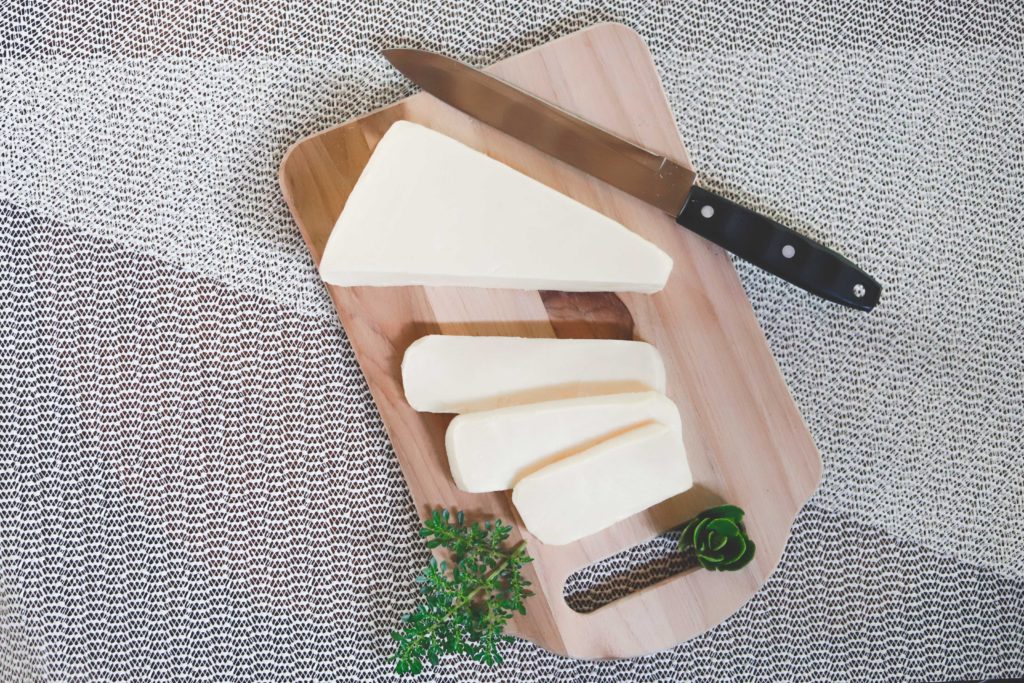
Kinda Co.
A young independent company, Kinda Co. makes 12 different vegan cheese varieties and offers fans the chance to attend a masterclass, to learn how to make it themselves. A Wildly transparent brand, there are no secrets or long ingredient lists to try and decipher here, just bold flavours that mimic favourite dairy versions. The Farmhouse Mature is a welcome discovery for many.
Where can I buy it?
Online direct from Kinda Co., from a number of UK independent shops and at food markets.
Which is the best vegan cheese?
Just as with dairy options, it’s not fair to ask which is the best vegan cheese. Each has a specific flavour, a set of ingredients that might inspire certain consumers and best uses. You wouldn’t use cheap burger cheese on top of a pizza and likewise, you can’t compare vegan almond milk soft cheese with miso-enriched coconut oil styles. The lesson here is to try as many as you can and make some personal selections for go-to dairy alternatives.
Lead image courtesy of Pexels.


